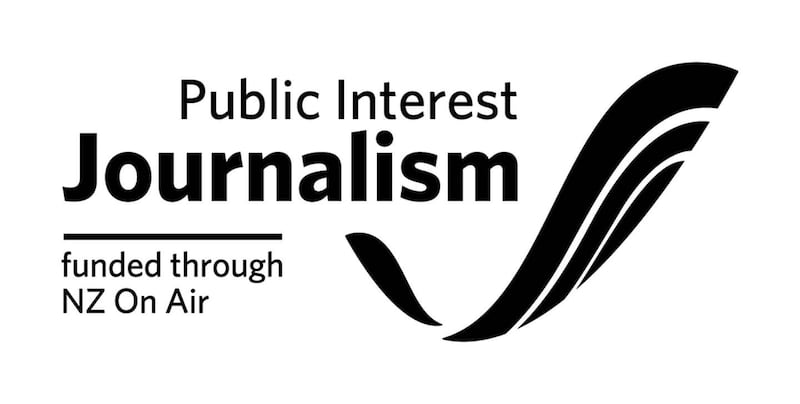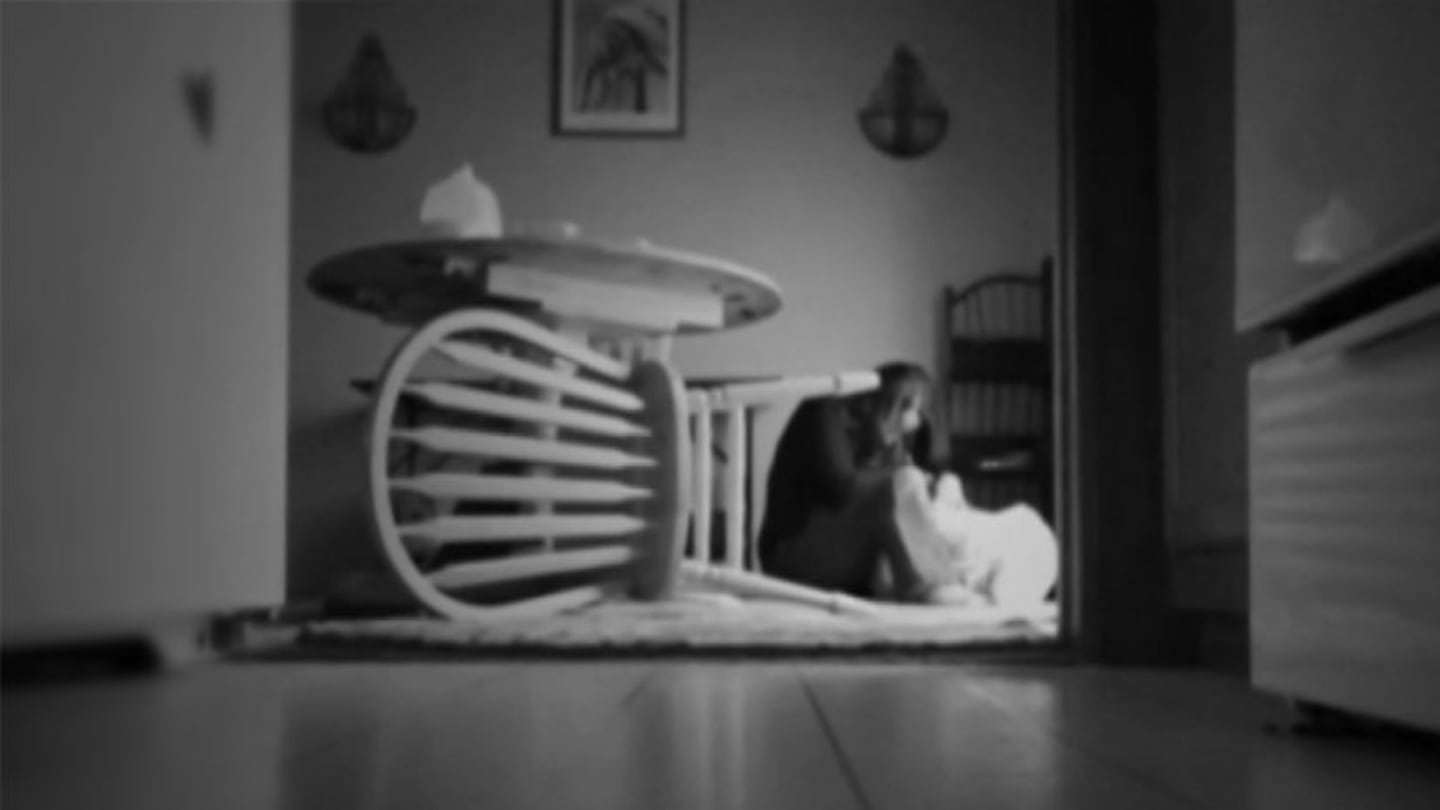Papakura Marae is trialling a ground-breaking family violence support and prevention programme that is both protecting its community workers and violence victims.
New Zealand holds one of the highest rates of family violence in the world, with an act of family violence reported every four minutes to the police.
The marae has enlisted the support of New Zealand pharmaceutical scientist, inventor and author Sir Ray Avery from the charity Help @ Hand to trial the support and prevention programme.
The alarm device is being used to protect marae community workers and they also teach victims of domestic violence how to stay save using the device.
Speaking with teaomāori.news today, Avery says there is a niche market for workers experiencing violence while looking after people. It resulted in an alarm device being made, and the trial has shown signs of success for thousands of people in Australia in the past six months.
Revealing that he too was a domestic violence sufferer as a kid, and even suffered abuse while in care, he says the kaupapa is one very close to his heart.
Sir Ray Avery is doing all he can to help family violence sufferers.
Silent call to police
“Basically, it can track your well-being and safety anywhere that you are. For instance, if you’re getting to a point where violence is starting to emerge, you can push the button on this device and it silently sends a message to a call centre which, in turn, can send it to the police.”
Though the Australian government has provided funding for the project there, the same can’t be said for New Zealand. ACC is being looked at as an option to fund it long-term but it could cost around $10 billion a year, Sir Avery says.
“That’s due to the actual physical effects on the people, mental health problems that emanate from it. So, if we can stop that, it makes good sense.”
Sir Avery says he “found a brother” in Papakura Marae chief executive Tony Kake when the two first met to discuss the programme. Looking at the mahi that the marae does for its communities in South Auckland, Avery fell in love and just had to offer his support too.
“[Tony] is like a tsunami and I couldn’t resist him. I said ‘I’ll back you whatever you do.' So we’re providing these devices for free.
“We then hope that this success story will be able to be rolled out through other ground-up organisations – dealing with the government top down is not working but maybe we can get a groundswell of people that say ‘yes, we can actually fix this.’”


